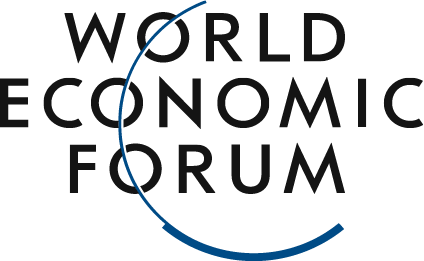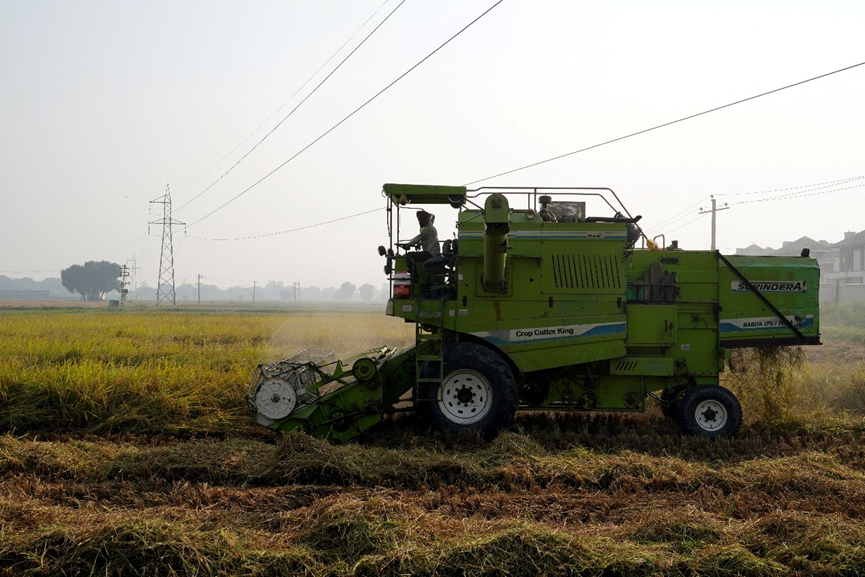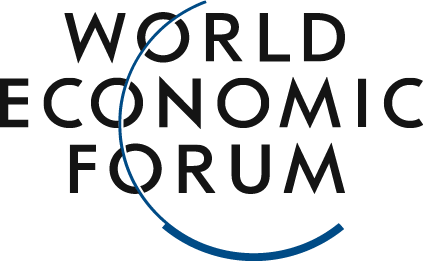

,
:/ Bhawika Chhabra
Jai Shroff
UPL
2025
,
,,
30,,
But 2025 finally feels different. InUnited Nations Food Systems SummitAt key international conferences, such as the 30th United Nations Climate Change Conference, food systems will be at the heart of the agenda. We urgently need to rethink how we incentivize farmers’ labor and recognize the critical impact of sustainable agriculture. Today, farmers finally have a seat at the decision-making table—and it’s high time we reward them for the hard work they’ve put into putting food on our tables.
My exploration of sustainable agriculture began in the 1970s, a time when Indian society was still grappling with turmoil. Droughts and famines threatened farmers' lives and livelihoods. Our company, UPL, has worked closely with farmers to understand their needs, developing innovative products that have significantly enhanced agricultural practices—and played a pivotal role in boosting domestic agricultural productivity.
The policy environment has also played a crucial role in India’s agricultural transformation. Once plagued by famine, India has now become one of the world’s largest and most reliable food exporters. The Green Revolution was instrumental in driving this shift, as government policies were implemented to ensure food security and encourage farmers to grow sufficient crops to meet domestic demand.
However, cultivating staple crops like rice, wheat, and sugarcane has also introduced new challenges. The lack of crop diversity makes food systems more vulnerable to droughts and pests, forcing the agricultural sector to learn and adapt to an ever-changing environment.
Today, India is actively tackling the challenges of our time through collaboration with the private sector. Public-Private Partnerships (PPPs) have proven highly effective in driving transformative change toward sustainable agriculture. As I serve at the World Economic ForumFood Action AllianceDuring my tenure as Co-Chair of the Food Action Alliance, we collaborated with sugar cane producers to develop a sustainable sugar cane value chain in India, actively addressing the challenges posed by declining crop diversity.
India continues to innovate in food system policies, encouraging farmers to adopt sustainable practices, diversify crops, and adapt to rapidly changing climate conditions. India’s thriving agricultural sector holds significant lessons for other nations, especially as agriculture has emerged as a central issue in global development efforts this year. Key discussions should focus on three critical areas: resilience, resources, and returns.
Recently, volatility in commodity markets has underscored the need for these transformative changes. Coffee is a prime example—Arabica coffee bean prices have surged by more than 80% over the past year. When commodities enter a bull market, farmers can reap significant profits. However, to steer clear of cyclical booms and busts, we must leverage innovative mechanisms and tools that bolster the long-term resilience of growers across all crops, even as price, climate, and trade fluctuations intensify.
To achieve this, farmers need access to the right resources, ensuring greater income consistency and predictability—both in bountiful harvest years and during fallow periods. One potential solution is to forge an alliance among governments, food system stakeholders, and financial institutions, thereby enhancing access to essential support systems.The opportunity for parametric microinsurance. These insurance products cover scenarios such as weather risks, price volatility, and seed non-germination, helping small farmers safeguard themselves against uncertainty while encouraging them to invest in climate-smart seeds and crop protection solutions.
Public-private partnerships can also help growers achieve sustainable farming practices outside the traditional policy framework. We have launched “Grain Pioneers Alliance“The First Movers Coalition for Food,” an initiative of the World Economic Forum, aims to cut emissions from high-carbon industries. The coalition shares a common goal of achieving net-zero emissions by 2025, committing to source sustainably grown crops and responsibly produced foods. By creating a robust market demand signal, this approach encourages farmers to adopt food-production methods that support decarbonization efforts.
Another strategy is to encourage farmers to shift from their current crop varieties. In Zambia, we’ve been working closely with the government and farmers to transition from drought-prone maize cultivation to sorghum, a crop that’s far more resilient to heat and better equipped to withstand climate stresses. Without public-private partnerships, this kind of transformation wouldn’t be possible—highlighting how initiatives like the "Food Action Alliance" and the "Food Pioneers Alliance" can drive similar crop diversification efforts in other regions by creating markets for climate-resilient crops.
During this process, the reward mechanism is also critical. Over the past two decades, the explosive growth of renewable energy innovation has been driven by an investment boom fueled by incentive policies, subsidies, and deregulation. To truly transform agriculture into a sustainable development model, governments and farmers should collaborate to explore similar incentives—ensuring that innovation isn’t stifled by outdated regulations, while simultaneously rewarding sustainable agricultural practices.
We should draw on successful incentive and protection measures from other industries to empower farmers to lead a new green revolution.

The above content represents the author's personal views only.This article is translated from the World Economic Forum's Agenda blog; the Chinese version is for reference purposes only.Feel free to share this in your WeChat Moments; please leave a comment at the end of the post or on our official account if you’d like to republish.
Translated by: Sun Qian | Edited by: Wan Ruxin
The World Economic Forum is an independent and neutral platform dedicated to bringing together diverse perspectives to discuss critical global, regional, and industry-specific issues.
Follow us on Weibo, WeChat Video Accounts, Douyin, and Xiaohongshu!
"World Economic Forum"


